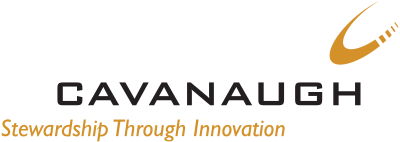It is urgent that every utility within California embrace NRW now, and implement water loss reclamation programs.
California’s mandatory 25% decrease in water usage, statewide, in response to desperate drought conditions is necessary and showing results. However, it is both bad business and short-sighted for utilities to put the burden solely on their customers when supply-side conservation, through managing Non-Revenue Water (NRW), can pay immediate dividends.
NRW: Supply-side conservation with near-term benefits
Managing NRW is the process for finding the water that is “lost” in the system. These can be real or physical losses, such as a leak or a pipe break, or apparent losses, such as theft or meter inaccuracies. Either way, these are losses that California can no longer tolerate. Nor, for that matter, should any municipality in the US.
The approach begins with an AWWA audit to find and understand the gap between water produced and water revenue, and where the greatest opportunities lie.
NRW can:
- Reduce the overall water footprint by reducing waste
- Reduce the amount of water utilities have to supply
- Reclaim the revenue that would otherwise be lost
Reducing waste and the overall water footprint
A high priority is to reduce leaks and pipe breaks. This means the utility is delivering a much higher portion of the water it pumps or sources.
It also provides cost savings because there are fewer crews on the road, less excavating, repairing, replacing dirt, and repairing the road.
Reducing the amount of water utilities need to supply
NRW also looks at the meters and data that water supply decisions are based on. Once the utility gets an accurate read on true demand and has an efficient delivery system, it may find that it needs to pump or source less water.
Plus, if the utility needs less water, it uses less energy for pumping, treating, and delivering the water.
Reclaiming revenue
From our work with over 500 utilities nationwide, we find that systems experience an average of $30 – $35 per year in NRW for every customer connection they have. For a small utility this can mean several hundred thousand dollars each year; for medium to large systems it can mean millions.
NRW manifests as 8 variables, so it is crucial for a utility to understand which are the offenders and thus where to pay attention, how much you should invest and the potential payback.
- Unbilled unmetered
- Unbilled metered
- Meter inaccuracy
- Theft
- Data handling
- Unreported leakage
- Background leakage
- Reported leakage
Taking the right steps, and taking them quickly
The Water Loss Control Collaborative, part of the California-Nevada Section of the American Water Works Association is leading a broad group of utilities and organizations that have come together to combat water loss in California.
They will improve knowledge of how to conduct NRW audits, validate and understand the results, as then to design and implement water loss reclamation programs – necessary and urgent steps. 2016 will be another pivotal year for water loss in our nation. Stay tuned.
Contact us to learn more about non-revenue water, its impacts on you, and the ways we can work together to become better stewards of our precious water resources.

